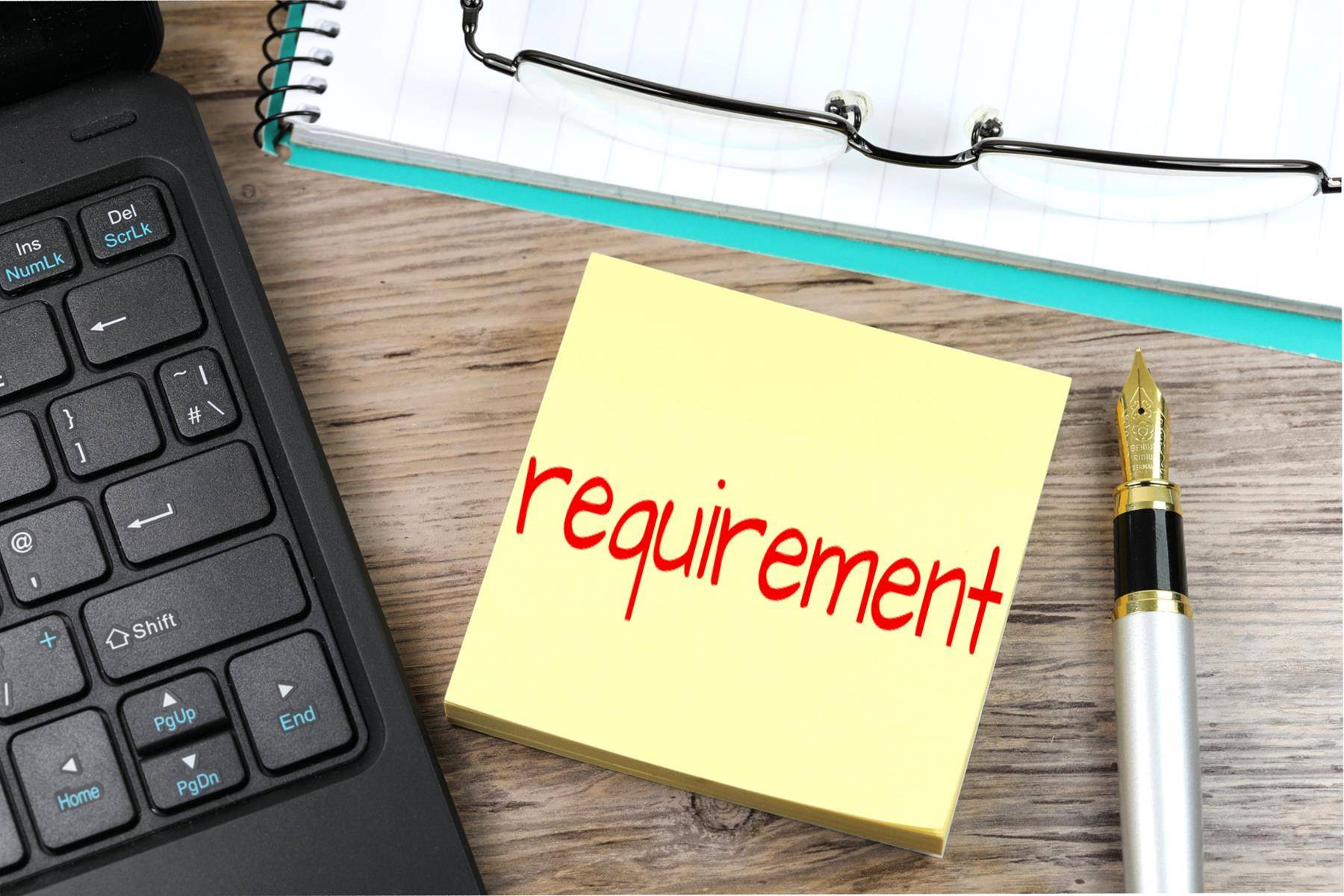What does a patient need to have for medical travel?

- The patient should have all the medical records, including a summary of the surgical and diagnostic procedures along with a copy of each (from the past to the last moment).
- Due to limitations in some hospitals, the person accompanying women and children preferably should be women, and the accompanying person of male patients is preferably male.
- The patient should have all the medications they consume (many patients are hoping to cut off their medications and do not bring them with themselves.)
- If the patient has a device such as a prosthesis, they should bring them too especially those who come to Iran to replace the prosthesis.
- The patient should have a sufficient extra amount of money for unexpected expenses such as a long stay, purchase of drugs and equipment, additional operations, etc.
- The person accompanying the patient must assign all their time to the patient until the end of treatment and must avoid causing stress such as the obligation to return for work, problems, illness, etc.
- Therefore, the patient must have the necessary precision in his choice of companion. It is suggested that in such cases the patient is accompanied by a first-degree relative.
- Treatment of the patient is preferable to anything. Therefore, the patient should not seek tours and pilgrimage programs before and during the treatment, which may lead to interference with treatment, and such requests should be approved by the consultant physician.
- If for any reason, a problem has arisen during treatment, the patient should contact the support center in order to investigate and resolve it as soon as possible.
- Refuse to give any additional amount (tip, upon request, etc.) to the hospital, staff, and translator.



No comment